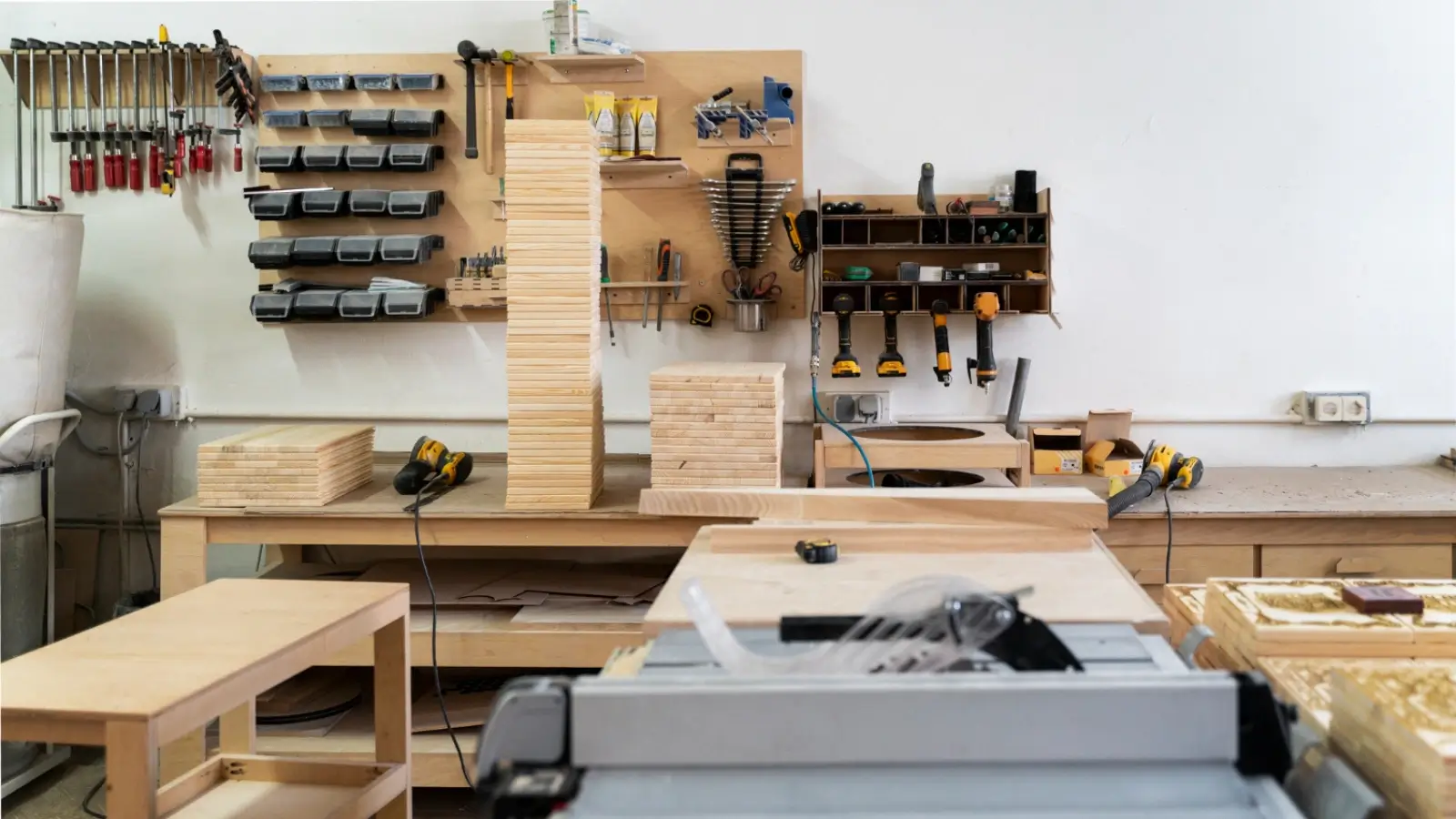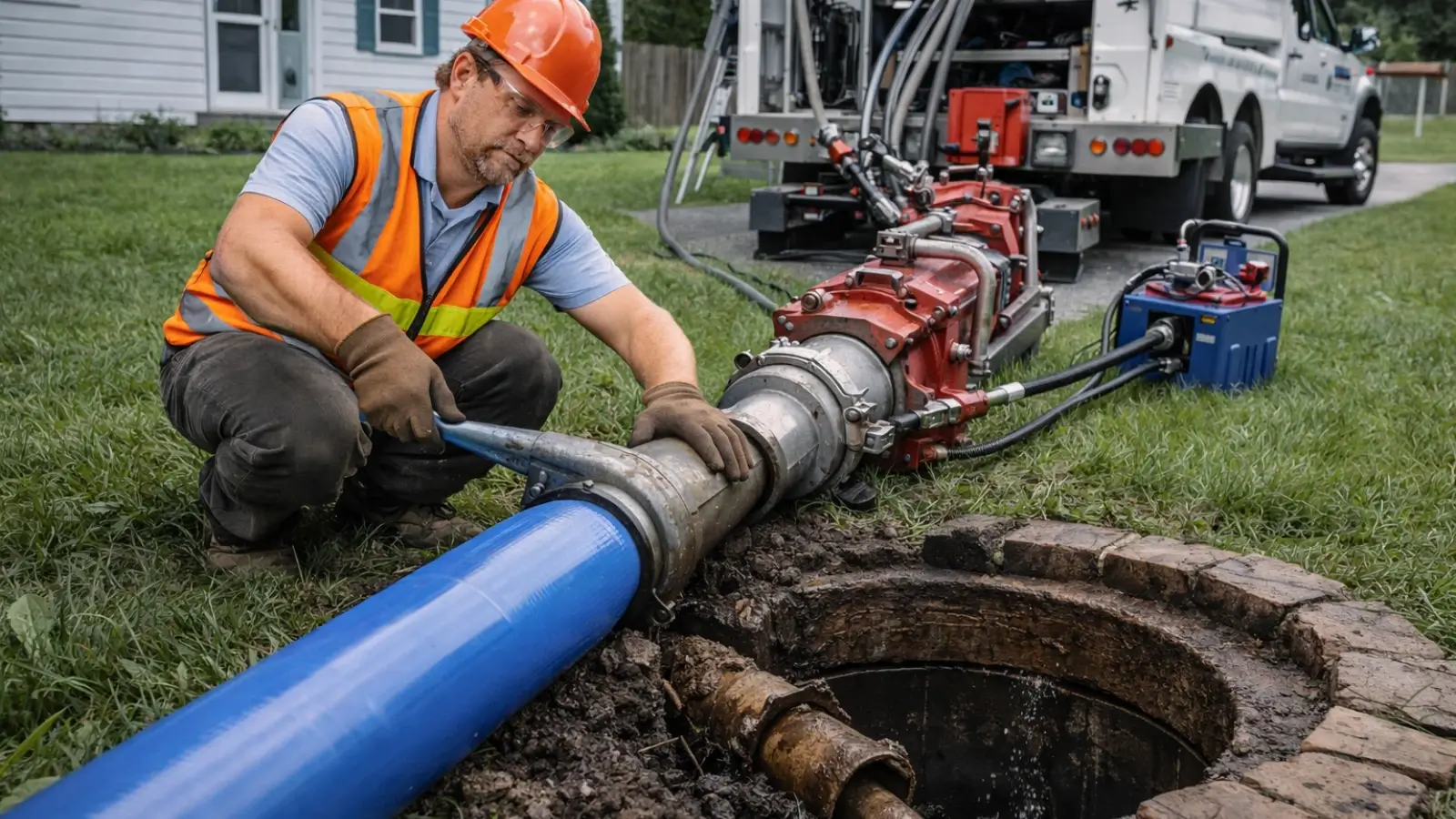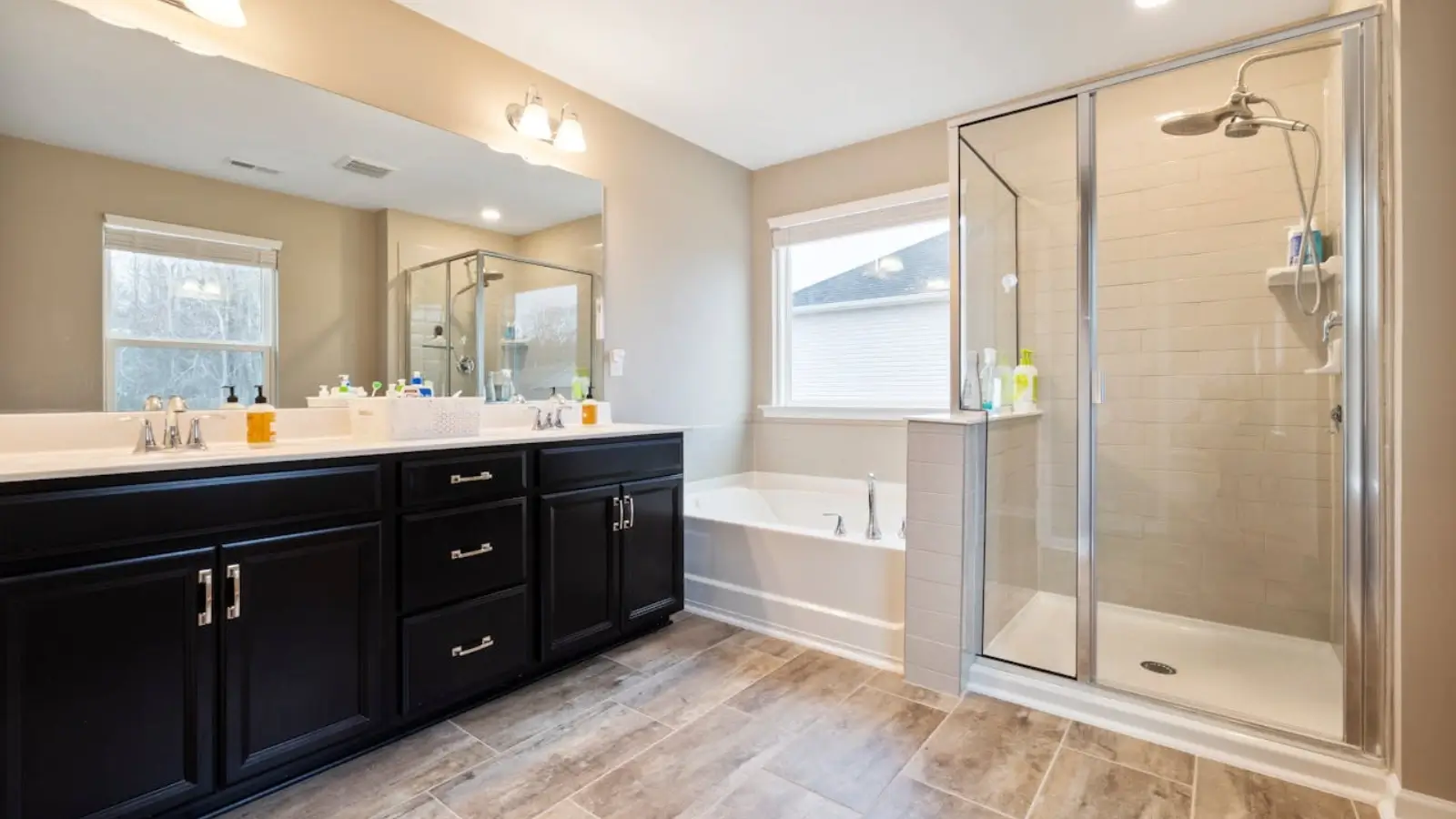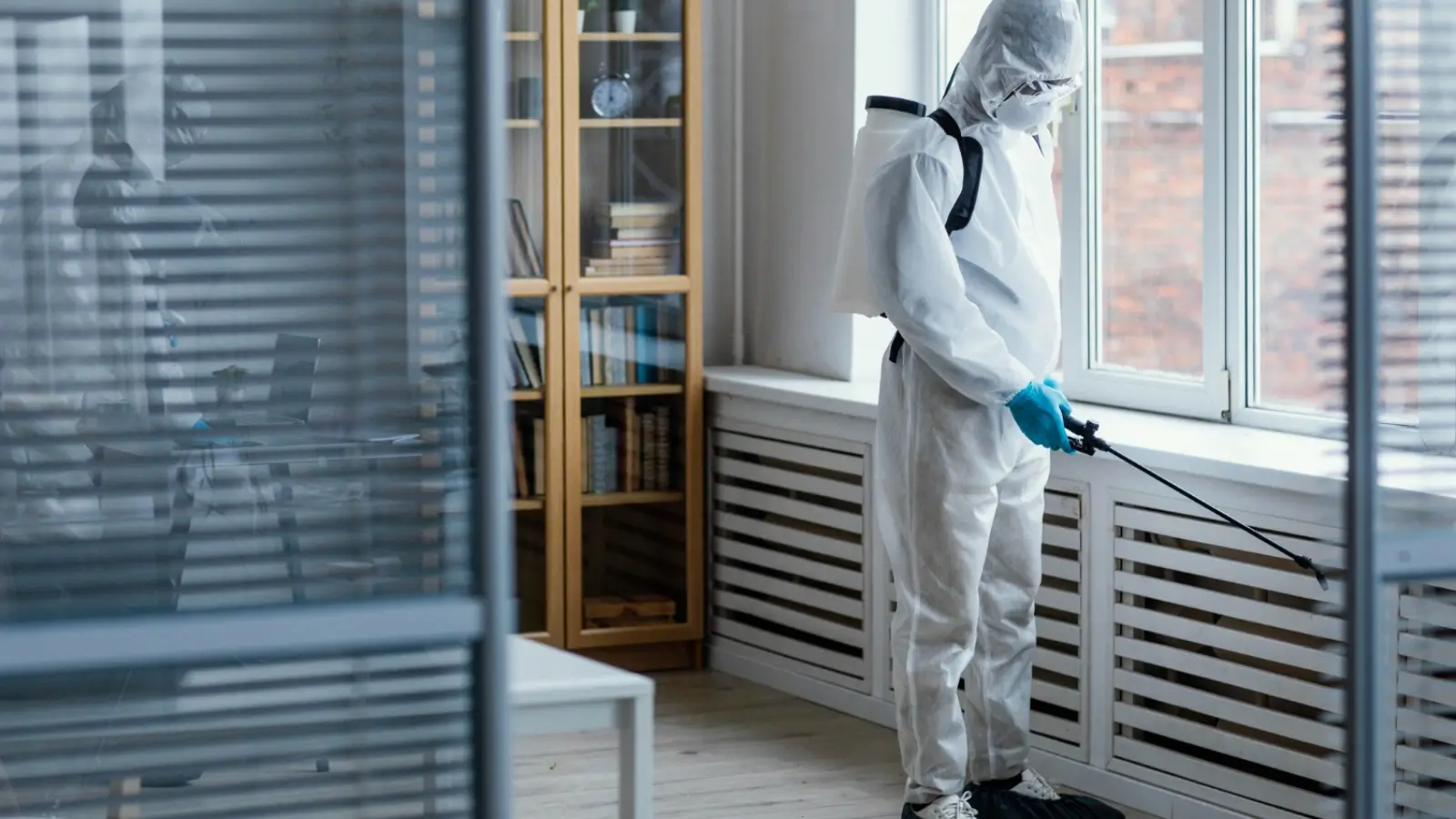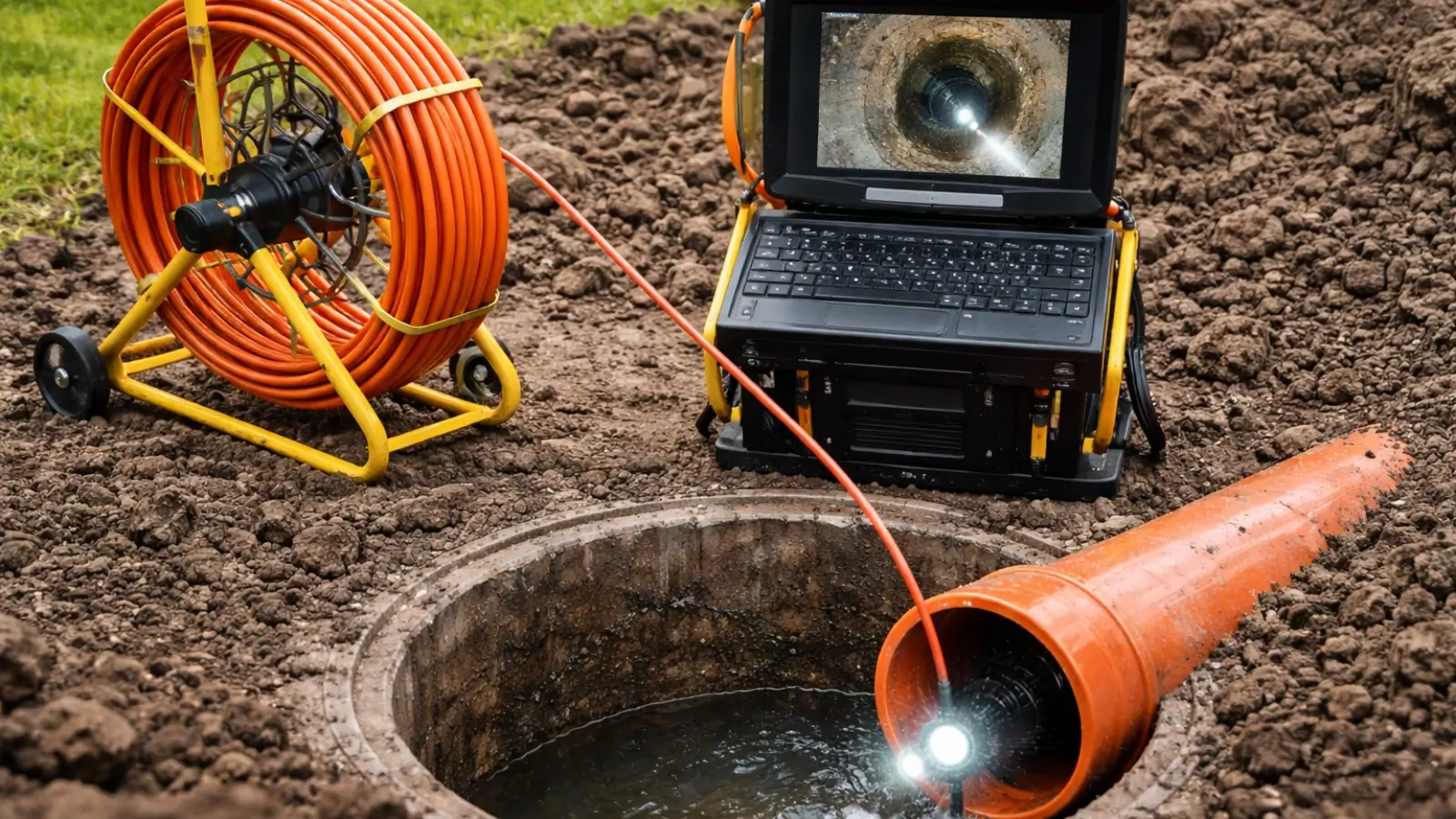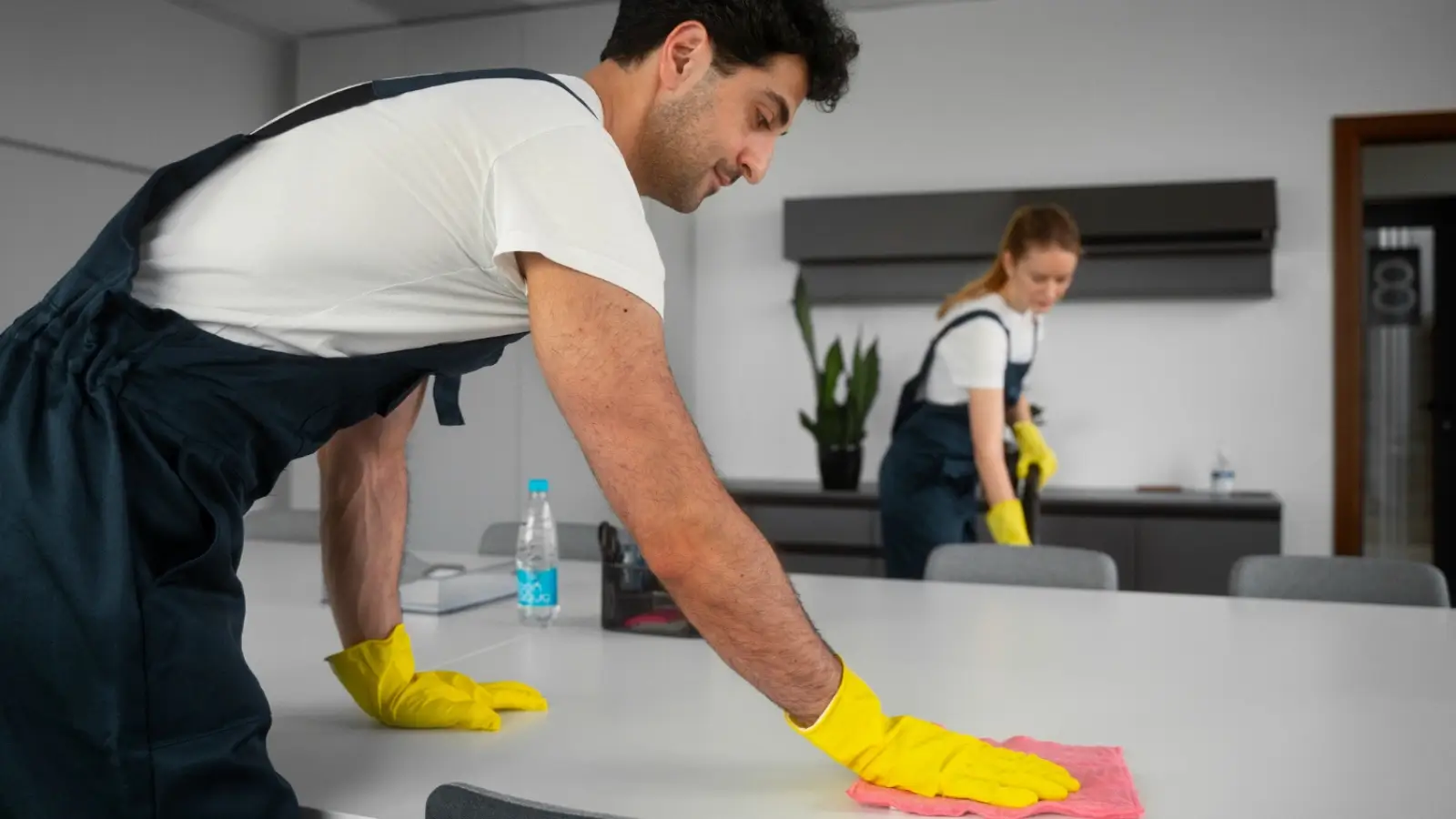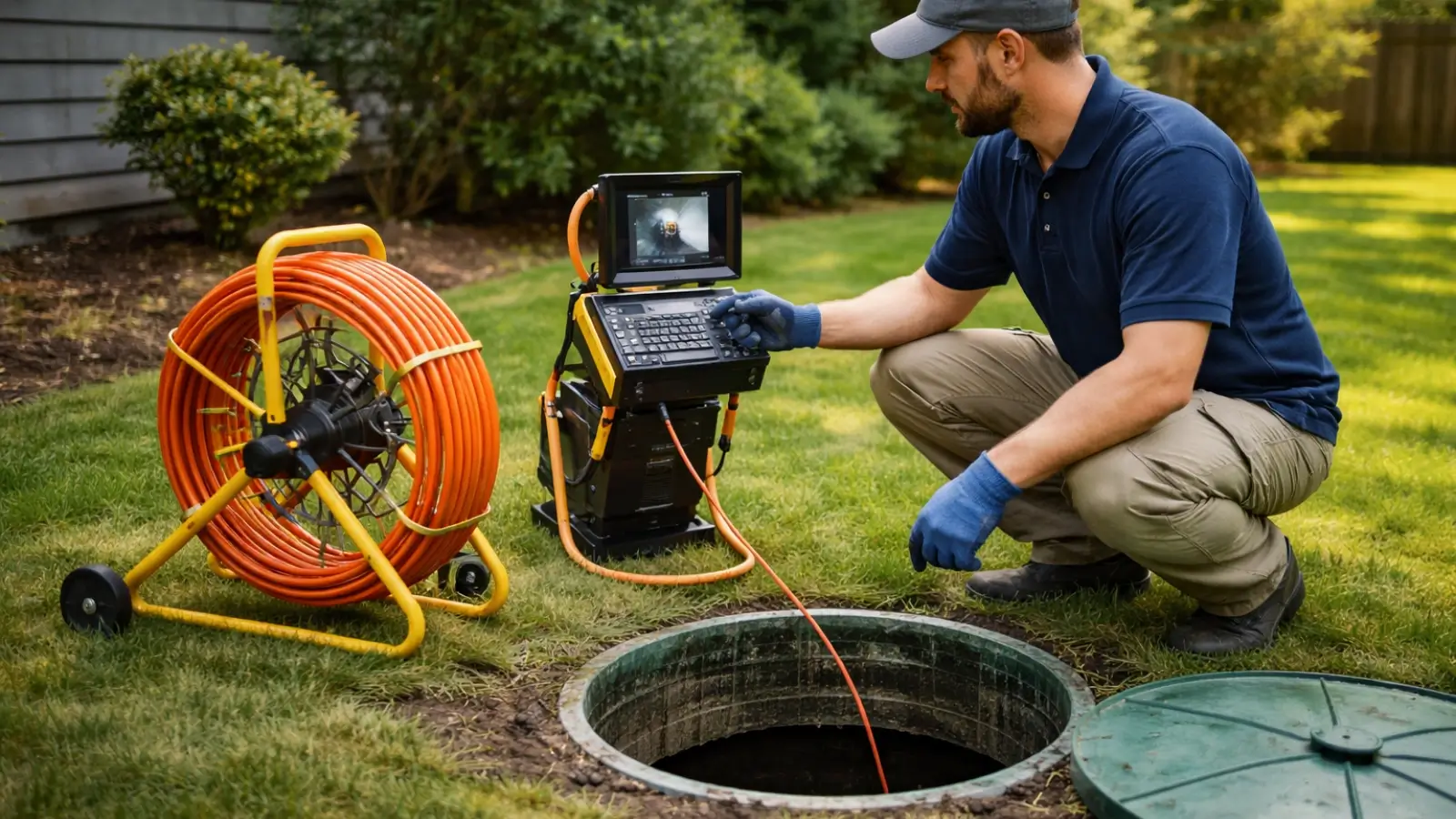Setting up your home workshop to handle a variety of projects—whether it's woodworking, electronics, automotive tinkering, or general repairs—requires more than just enthusiasm. The right gear is essential to ensure efficiency, safety, and precision. Whether you’re a seasoned technician or a dedicated DIYer, investing in versatile, high-quality tools can transform your workspace into a professional-grade setup. Below are the must-have essentials to consider when building or upgrading your home workshop.
Workbench and Storage Solutions
A solid workbench is the cornerstone of any functional workshop. Ideally, it should be made of hardwood or heavy-duty metal, offering both durability and stability. Adjustable-height models are worth considering for comfort, especially if you alternate between sitting and standing throughout the day.
Tool storage plays a crucial role in keeping your workspace organised. Wall-mounted pegboards keep frequently used items within reach, while mobile drawer units and tool chests help sort and store tools efficiently. For added customisation and efficiency, many setups incorporate a French cleat system, which allows for flexible tool mounting and reconfiguration. Keeping your tools well-organised isn’t just about aesthetics—it directly improves workflow and reduces the risk of accidents.
Hand Tools: the Foundation of Your Workshop
You can’t build, repair, or tinker without a reliable set of hand tools. Some essential pieces to keep on hand include:
- Screwdrivers – flathead and Phillips in multiple sizes
- Pliers – needle-nose, slip-joint, and locking
- Hammers – a claw hammer for general work and a rubber mallet for delicate tasks
- Spanners and ratchets for tightening and loosening nuts and bolts
- A utility knife with snap-off or replaceable blades
If you work with electronics or fine mechanical parts, add precision screwdrivers and fine-point tweezers to your toolkit. These allow for delicate adjustments without damaging sensitive components.
Power Tools for Versatility
Power tools can dramatically increase the scope and speed of your projects. A cordless drill is essential for drilling and driving tasks, while a jigsaw or circular saw makes light work of cutting timber and sheet materials. For finer detail and versatility, a rotary tool proves invaluable across a range of sanding, grinding, and polishing jobs.
When working with electronics, a soldering station with adjustable temperature control and interchangeable tips becomes a critical part of your setup. Selecting the right equipment from reputable, trade-focused suppliers, like Mektronics Australia, can make all the difference in achieving precision, safety, and reliability across your projects.
Measurement and Layout Tools
Precision begins with proper measurement. A tape measure is essential, but for more accuracy, include a steel ruler and digital calipers in your kit. Tools like spirit levels and laser levels ensure perfect alignment for both rough and fine work.
When laying out joinery or angles, reach for a combination square, try square, or protractor. These tools help reduce costly mistakes and improve the fit and finish of your builds.
Safety and Cleaning Equipment
Safety gear protects you while cleaning tools protect your equipment. Always wear:
- Safety goggles when cutting or grinding
- Ear protection around loud tools
- Dust masks or respirators when sanding or using solvents
- Task-appropriate gloves, such as nitrile for electronics or leather for heavy-duty work
Cleaning tools like anti-static brushes, alcohol wipes, and a bench-top vacuum keep your workspace and delicate components free from dust, solder residue, and other contaminants.
Lighting and Electrical Setup
Good lighting is often overlooked but makes a world of difference. Overhead LED fixtures provide general illumination, while adjustable task lights ensure detailed work is well-lit. Avoid shadows, especially when soldering or assembling small parts.
Ensure you’ve got enough GPOs (general-purpose outlets), ideally with surge protection. If you’re using high-powered tools or heating equipment, dedicated circuits might be necessary to prevent overload.
Specialised Tools for Niche Work
If your workshop focuses on electronics, model making, or any other niche area, certain tools will make your life easier:
- ESD-safe mats and wrist straps protect sensitive components from electrostatic discharge
- Precision cutters and flush snips ensure clean, accurate wire cuts
- A heat gun can assist with heat-shrink tubing, paint removal, or loosening adhesives
These additions help you work with greater confidence and accuracy, particularly in technical fields.
Crafting a Workshop That Works for You
A versatile home workshop is about more than collecting tools—it’s about choosing the right equipment for your needs and the tasks you take on. Prioritise quality, stay organised, and invest in safety to create a space that’s not just functional but enjoyable to work in. With the right setup, your workshop becomes a powerful hub for creativity, repairs, and hands-on achievement.

